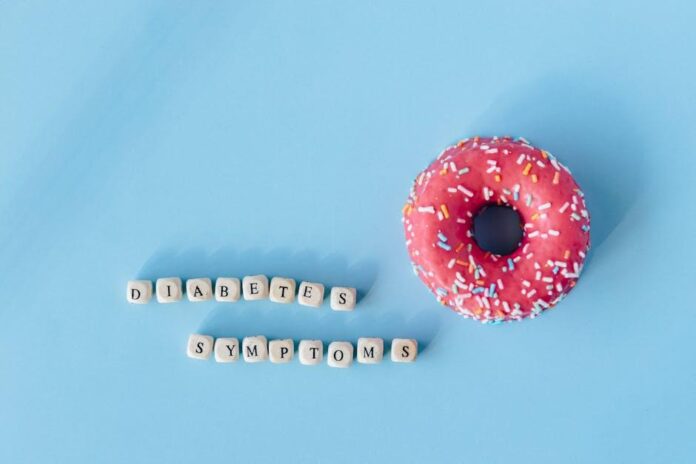
Low blood sugar, also known as hypoglycemia, can be a dangerous condition that requires immediate attention. When blood sugar levels drop too low, it can lead to a variety of symptoms that can range from mild to severe. In extreme cases, low blood sugar can even be life-threatening. Understanding the symptoms of low blood sugar and knowing how to treat it is crucial in preventing serious complications.
Symptoms of Low Blood Sugar
Low blood sugar can cause a wide range of symptoms, which can vary from person to person. Some of the common symptoms of low blood sugar include:
1. Shakiness
2. Dizziness
3. Sweating
4. Hunger
5. Weakness
6. Headache
7. Irritability
8. Confusion
9. Blurred vision
10. Slurred speech
11. Seizures
12. Loss of consciousness
It is important to recognize these symptoms and take action quickly. Ignoring low blood sugar can lead to serious complications, such as seizures, unconsciousness, and even death.
Causes of Low Blood Sugar
There are several factors that can contribute to low blood sugar. These include:
1. Skipping meals or not eating enough
2. Exercising without eating
3. Taking too much insulin or other diabetes medications
4. Drinking alcohol without eating
5. Certain medical conditions, such as liver or kidney dysfunction
6. Hormonal imbalances
People who have diabetes are particularly at risk of developing low blood sugar, as their bodies may not be able to regulate glucose levels effectively. It is important for those with diabetes to monitor their blood sugar levels regularly and to follow their treatment plan as prescribed by their healthcare provider.
Treatment for Low Blood Sugar
If you or someone you know is experiencing symptoms of low blood sugar, it is important to act quickly to prevent complications. The following steps can help to raise blood sugar levels:
1. Eat or drink something sweet, such as fruit juice, soda, candy, or glucose tablets.
2. If the person is unconscious or unable to swallow, administer glucagon injection if available and call emergency services immediately.
3. Check blood sugar levels regularly to monitor for any further drops.
4. If symptoms persist or worsen, seek medical attention immediately.
Preventing Low Blood Sugar
There are several ways to prevent low blood sugar from occurring:
1. Eat regular, balanced meals and snacks throughout the day.
2. Monitor blood sugar levels regularly, especially before and after exercising.
3. Adjust insulin or other diabetes medications as needed, in consultation with a healthcare provider.
4. Carry a snack or glucose tablets with you at all times in case of emergencies.
5. Avoid excessive alcohol consumption, especially on an empty stomach.
By taking these precautions and being aware of the symptoms of low blood sugar, you can help to prevent dangerous complications and maintain optimal health.
Conclusion
Low blood sugar can be a serious and potentially life-threatening condition if not treated promptly. By recognizing the symptoms of low blood sugar and knowing how to respond, you can help to prevent complications and keep yourself or your loved ones safe. If you have diabetes or are at risk of developing low blood sugar, it is important to work closely with your healthcare provider to manage your condition effectively. With proper care and attention, you can maintain stable blood sugar levels and enjoy a healthy and active lifestyle.

















